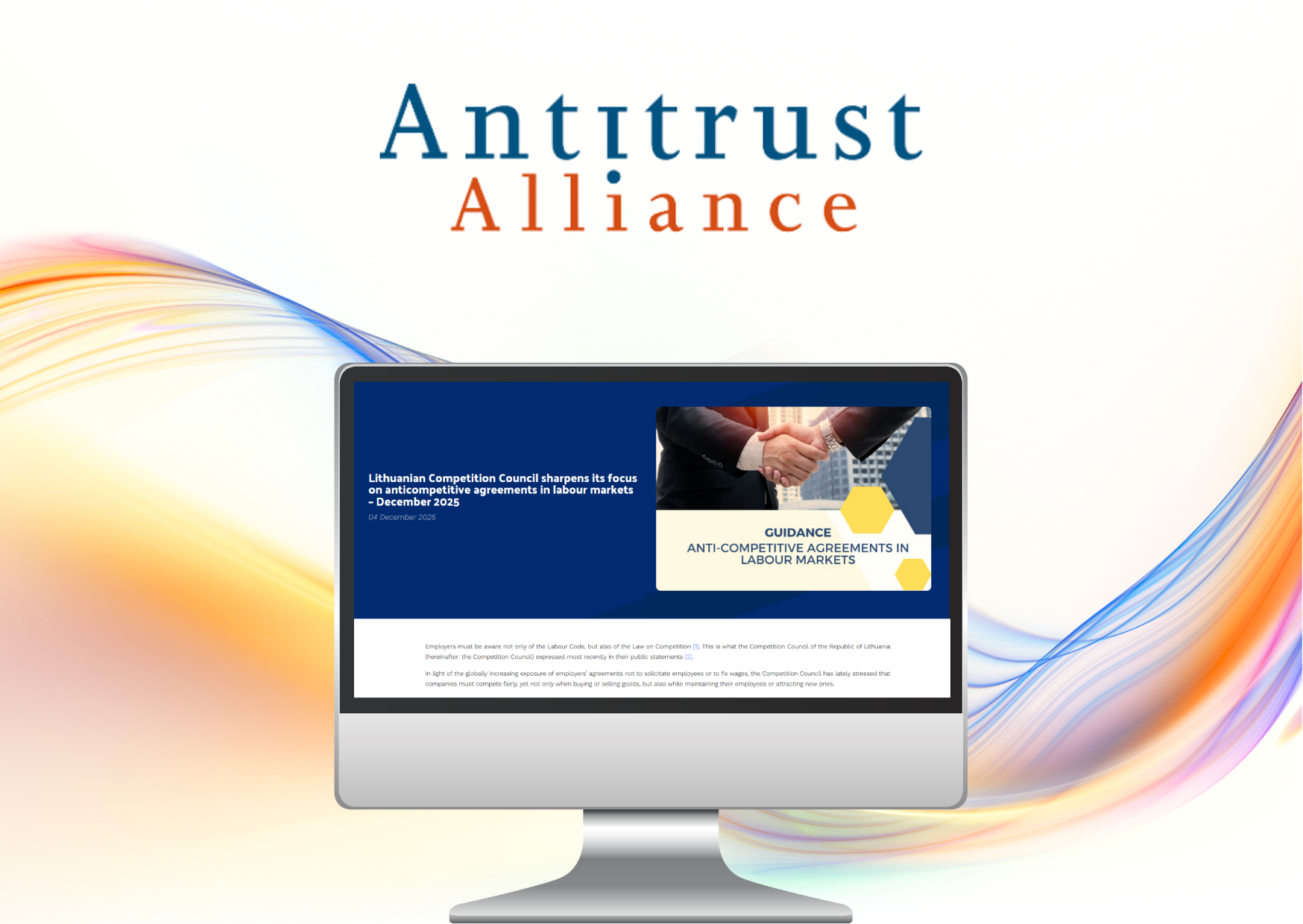Royal Decree-Law 15/2020, of 21 April, on urgent complementary measures to support the economy and employment, published in the BOE on 22 April and coming into force the following day, i.e. 23 April, has established various tax measures which are detailed below:
- From the entry into force of the Royal Decree-Law and until 31 July 2020, a tax rate of Value Added Tax (VAT) of zero percent is established for domestic supplies, imports and intra-Community acquisitions of the articles of healthcare material listed in the Annex to the Royal Decree-Law, whose recipients are public entities, private social entities and hospital centres.
- This is an absolutely exceptional measure since, in order to avoid the need to adapt taxable persons’ invoicing systems, these transactions will be documented on invoices as exempt transactions, but unlike the exemptions provided for in the VAT Act for domestic transactions, the application of the zero percent tax rate will allow the deduction of input VAT borne by the taxable person carrying out the transaction.
- With respect to corporate income tax, for tax periods commencing on or after 1 January 2020 and with exclusive effect for that period, taxpayers whose turnover has not exceeded 600,000 euros may exercise the option to make the instalment payments on the part of the tax base for the first 3, 9 or 11 months by presenting, within the period extended by the aforementioned Royal Decree Law 14/2020 (until 20 May 2020), the instalment payment determined by application of the aforementioned tax base method, instead of making them, in accordance with the general rule, on the tax payable for the previous year.
- For those entities that have not been able to exercise the option in accordance with the above (e.g. because they have already had to make the instalment payment up to 20 April as their turnover is over 600,000 euros), and whose net turnover is not over 6,000,000 euros, it is foreseen that the option can be made within the period of the second instalment payment, which must be presented in the first 20 days of the month of October 2020, also determining it by applying the taxable base method of the tax period itself (and not the instalment to be paid for the previous one). Under no circumstances may this measure be applied to tax groups that apply the special tax consolidation regime for corporate income tax.
- The amount of the instalments in the objective estimate method of Personal Income Tax (IRPF) and the income on account of the simplified system of Value Added Tax, which are determined according to signs, indices or modules, is reduced. In their calculation, the calendar days on which the state of alert was declared in that quarter will no longer be taken into account as days of exercise of the activity in each calendar quarter. In this way, they are adapted proportionally to the real activity, given that being calculated on signs, indices or modules that had been previously determined in a normal situation, they would lead to amounts not adjusted to the reality of the current income of these taxpayers.
- Also in relation to taxpayers covered by the method of objective assessment of personal income tax, the simplified system and the special VAT regime for agriculture, livestock and fisheries, the possibility of waiver is made more flexible, since the mandatory three-year general legal requirement for such special regimes is eliminated.
- Thus, taxpayers may waive this method for this fiscal year and may reapply it in fiscal year 2021, provided that they meet the regulatory requirements for its application. By waiving for this year, they will be able to determine the amount of their net yield using the direct estimation method, and thus reflect more accurately the reduction in income produced in their economic activity as a result of COVID-19, without this decision affecting the method of determining yields applicable in the following financial years.
- The end of the extension of deadlines in tax proceedings, initially set for 30 April and 20 May 2020 in Article 33 of Royal Decree Law 8/2020, and in the eighth and ninth additional provisions of Royal Decree Law 11/2020, is extended until 30 May 2020. This extension will also apply to the tax administrations of the Autonomous Communities and local entities as a result of the referral made by Article 53 of Royal Decree Law 11/2020
- The possibility of making the payment of tax debts conditional on obtaining the financing referred to in Royal Decree-Law 8/2020, which is characterised by the fact that it is guaranteed by the State, is being considered. In these cases, and provided that the established requirements are met, even if the income corresponding to the tax debts has not been made, and contrary to the general rule, the enforcement period will not commence.
- Finally, in relation to Value Added Tax, through the Second Final Provision the tax rate applicable to digital books, newspapers and magazines is reduced to 4 percent, a measure that the Government had already announced to include in the General State Budget for 2020 to eliminate the existing discrimination in terms of tax rates between physical and electronic books, and which is now justified by the increase in demand for cultural products and information from citizens that has resulted from the situation of confinement.
Author: Antonio Lopez Poza
More information:
C/ Villanueva 29, 28001 Madrid
T: +34 91 436 00 90
Av. Diagonal 520, 08006 Barcelona
T: +34 93 488 28 02
info@lupicinio.com






